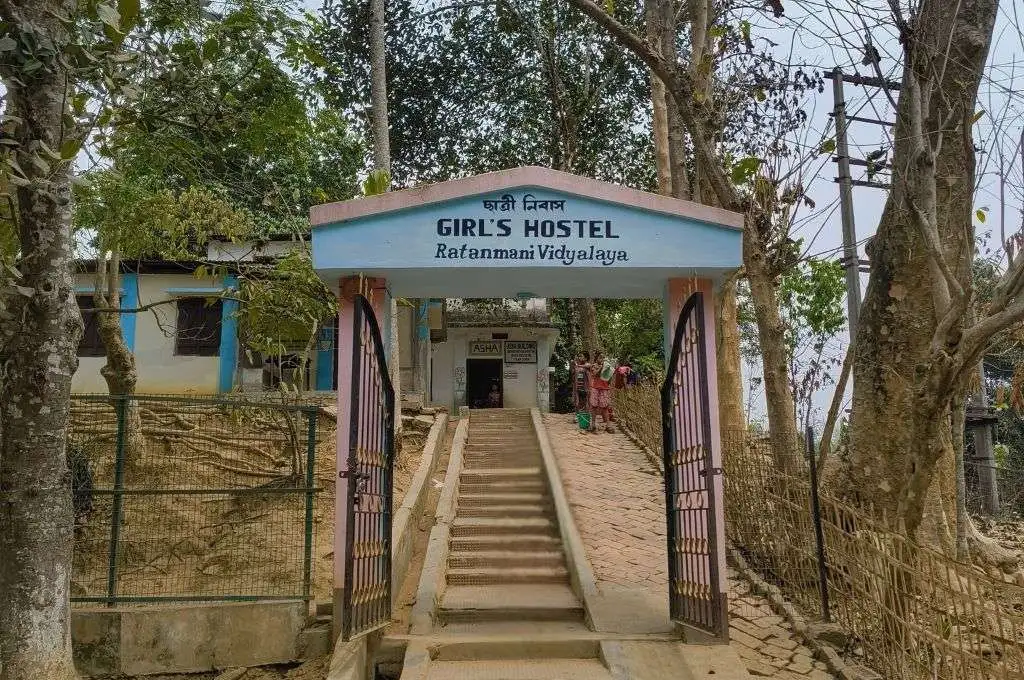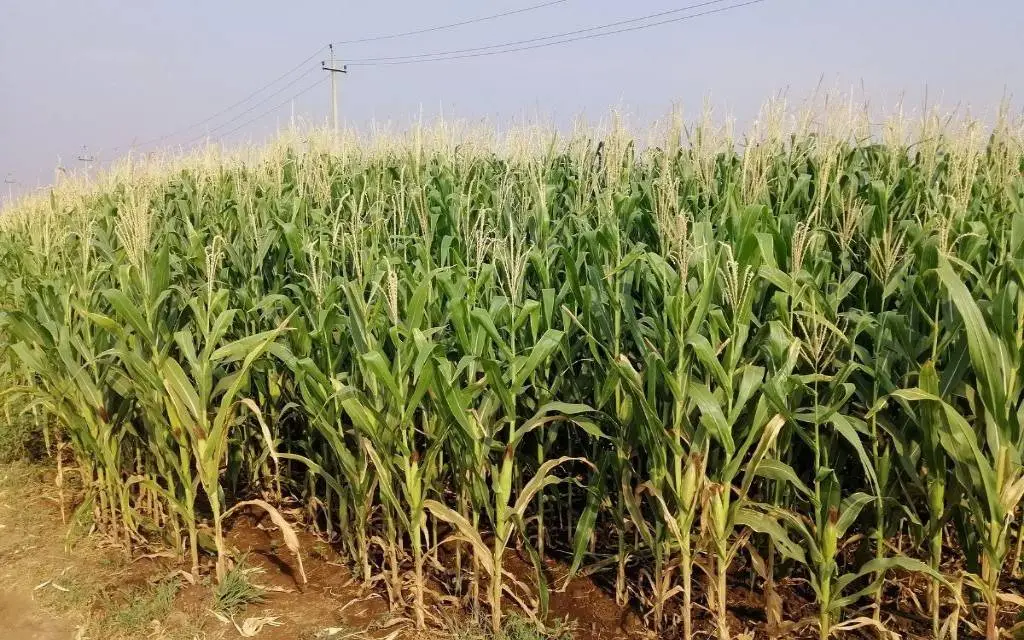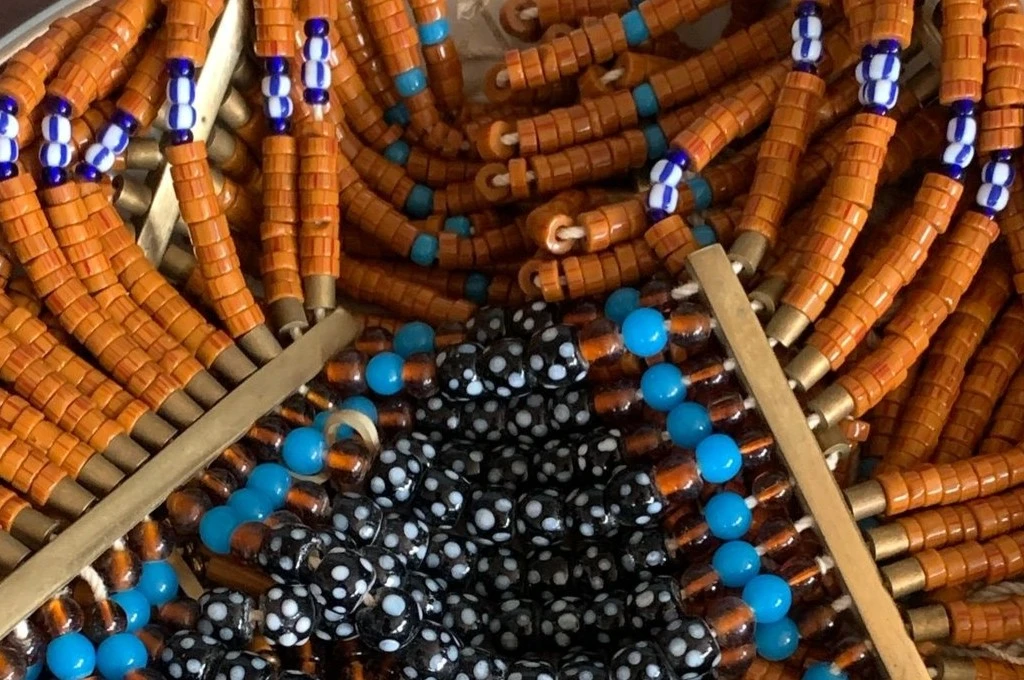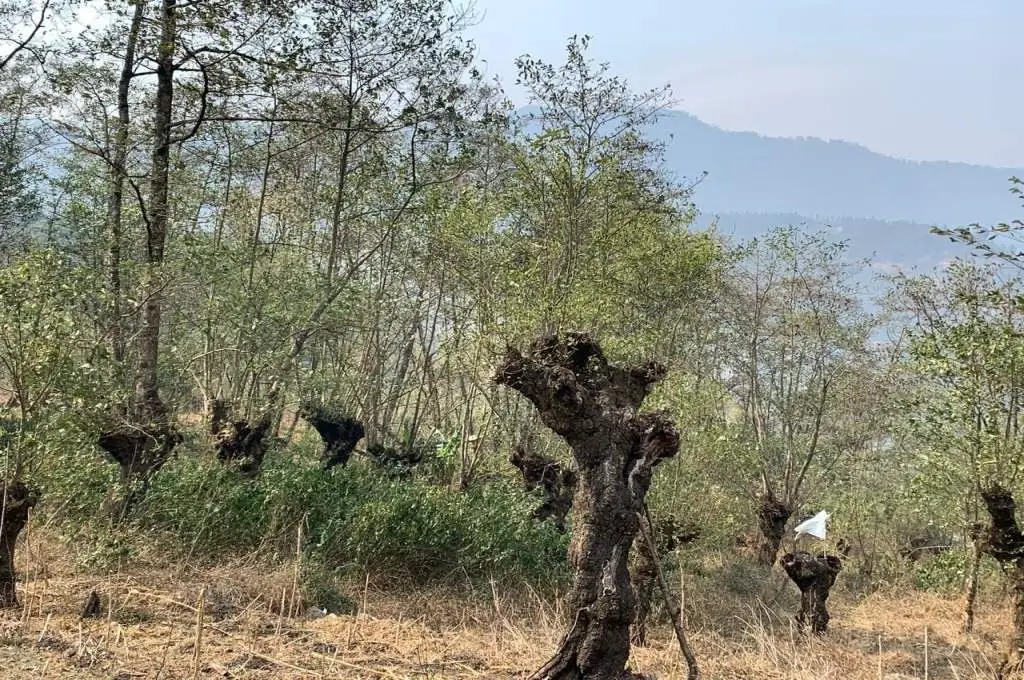Feast and make peace: Boys solve disputes during Assam’s harvest festival

Magh Bihu, also known as Bhogali Bihu, is a festival celebrated in Assam in January to mark the end of the harvest season. During this time, communities gather to celebrate the abundance of food. In Assam’s Barpeta district, the residents of Erartari village also practise some unique traditions.
The first day of the festival is the uruka, or the eve of Magh Bihu. On this night, the entire village gathers around a bonfire to indulge in a grand feast known as bhuj. Temporary structures called bhelaghars or meji—made from bamboo, dried leaves, and hay—are constructed for the community to feast in. At dawn, these bhelaghars are burned as a symbolic prayer to the god of fire for a good and healthy life.
Magh Bihu is a time of unity and celebration, and the people of Erartari embody this spirit by emphasising peace and harmony during this festive period. Throughout the year, older men are entrusted with maintaining peace among families. But during the festival, they pass on the responsibility to the younger generation, delegating them with the duty of bringing all the residents of Erartari together. This is an age-old tradition unique to this region: During Magh Bihu, the youth—typically boys or young men in their 20s—take on the role of peacemakers and resolve conflicts in their community.
These conflicts tend to arise over minor arguments and misunderstandings. “One time, someone wanted to borrow some sugar from their neighbour. When the neighbour was unable to provide it to them, the person got offended. Another time, a large branch from a tree in one family’s compound fell into the home of another family. This damaged the verandah, which led to a disagreement between them. These are all small and silly arguments that happen on a daily basis,” says Rajiv Das, a resident of Erartari.
After the bhuj, when everyone is asleep at night, the boys get out of the bhelaghars and quietly replace small items such as slippers and utensils in the houses of the parties at conflict. The next morning is marked by chaos and laughter as everyone searches for their missing belongings. This process eventually forces the disputing parties to come together and initiate dialogue to resolve their differences.
There was one such instance involving two eight-year-old boys. They got into a fight, which led to the parents blaming each other for bad parenting. This eventually resulted in the families not speaking to each other for approximately four months. On the night of uruka, the young men tasked with resolving the conflict swapped a chair and a rice mill belonging to the two families. The next morning, by word of mouth, the families found out where the items were. As a result, the parents met, had a good laugh over the incident, apologised, and decided to let bygones be bygones. As Deep Das, another Erartari resident, says, “It feels good to resolve petty disputes and encourage harmony among people.”
Kareena Bordoloi is the programme associate for the DISPECS (Disaster Prepared Community Spaces) programme at Project DEFY.
—
Know more: Learn how a tradition during wedding celebrations in Rajasthan is pushing caste boundaries.
Do more: Connect with the author at kareena@projectdefy.org to know more about and support her work.



